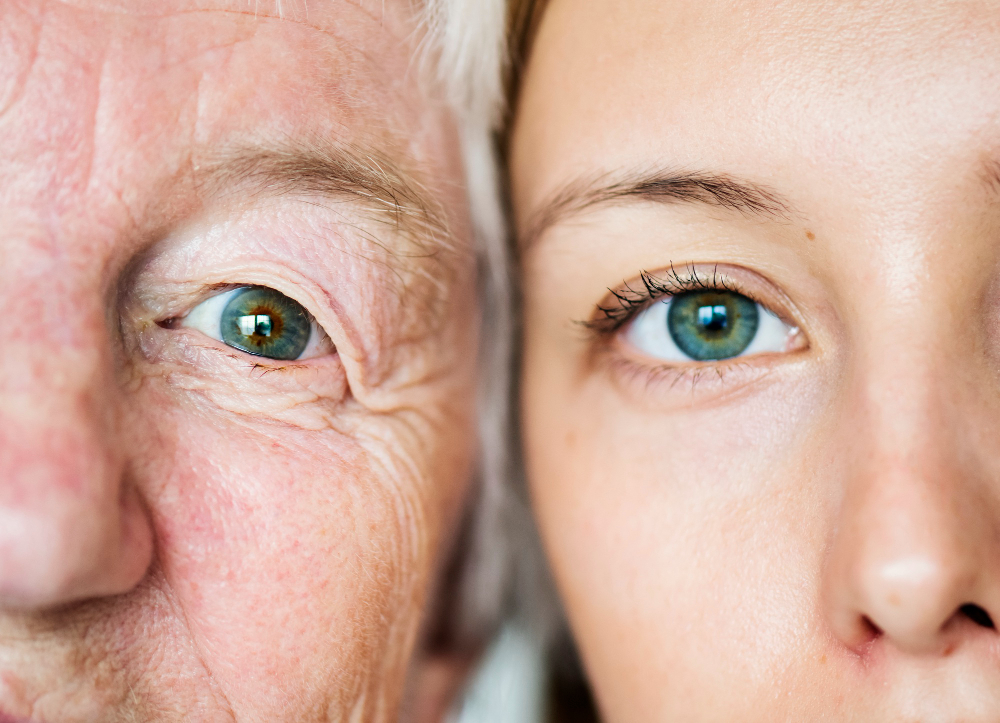Environment influences health and aging much more than genetics, study finds
An international team has analyzed data from nearly half a million people to analyze the influence of genes or environment on mortality, age-related diseases and aging. Although the relationship may vary according to the type of disease, their conclusions are that the environment -especially socioeconomic conditions, smoking habits and physical exercise- has a much greater influence than genetics in all the aspects studied. Among other data, environment explains 17 % of the variation in mortality risk, while genetics is limited to 2 %. The results are published in the journal Nature Medicine.

Collado - Exposoma (EN)
Manuel Collado
CNB-CSIC Scientific Researcher at the CiMUS of the University of Santiago de Compostela, IDIS. Laboratory of Cell Senescence, Cancer and Aging
We have recently witnessed a large number of scientific studies that seek to understand how we age using two essential resources: one is the ability to use accessible markers that inform us of the biological age of human samples, and the other is access to large data banks and samples with valuable information on the health and habits of thousands of people. With these two tools, the researchers in this study have asked what is the relative contribution of 'environment' and 'genes' to the rate of aging and, ultimately, to the development of its associated diseases.
Every biological characteristic is the result of the interaction between our gene endowment, the information we have inherited from our ancestors and which has been shaped by evolution, and everything we are exposed to. In other words, the old duality between what is given to us by genetic inheritance and what we do with our organisms.
En este estudio, los investigadores concluyen que la contribución de nuestras costumbres y hábitos tiene un mayor peso que la que nos viene dada por nuestros genes. Se identificaron 25 factores relacionados con el ambiente que tienen una contribución decisiva en nuestro envejecimiento, desarrollo de enfermedades y en último término, muerte. La buena noticia es que 23 de estos factores son modificables. Fumar, la situación socioeconómica, el ejercicio físico o las condiciones de vida demuestran tener un enorme impacto en cómo envejecemos y desarrollamos enfermedades.
In order to relate these conditions to biological aging, the authors of this work relied on molecular 'signatures' derived from massive analyses of proteins present in the blood. In recent times we have seen several studies that have used similar strategies to relate the rate of aging or the risk of organ-specific deterioration with age. There are other molecular clocks that are also being used successfully at present, such as those related to epigenetic marks in the genome, modifications that are added to our genetic information as we age and that modify the expression of our genes without altering the DNA sequence. The accuracy and biological meaning of all these molecular clocks is yet to be precisely determined, but they seem to be providing a powerful tool for all these studies in which we want to be able to assess how we age and deteriorate.
The power of this study lies in the enormous amount of data analyzed thanks to access to the UK Biobank, a fantastic collection of samples and data from thousands of people that is being used intensively by many researchers. But, in addition, to add robustness to the study, its conclusions have also been confirmed in groups of people from different geographical areas.
Argentieri et al.
- Research article
- Peer reviewed
- Observational study
- People



